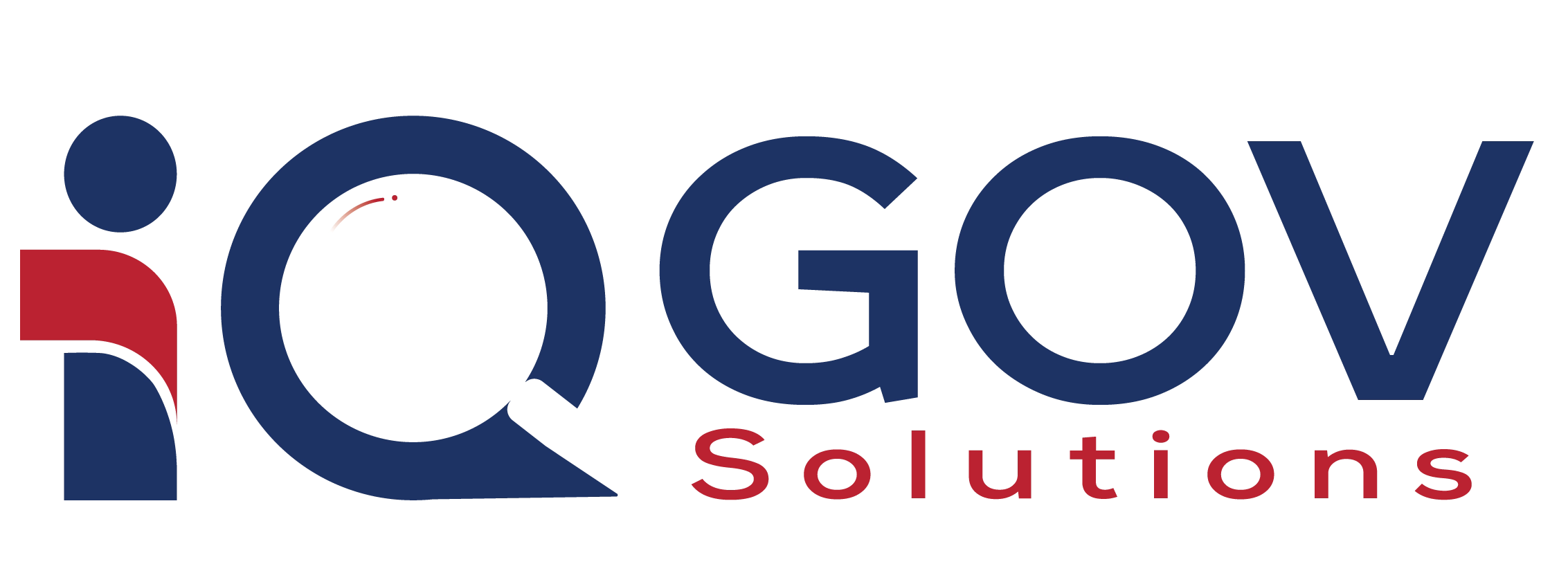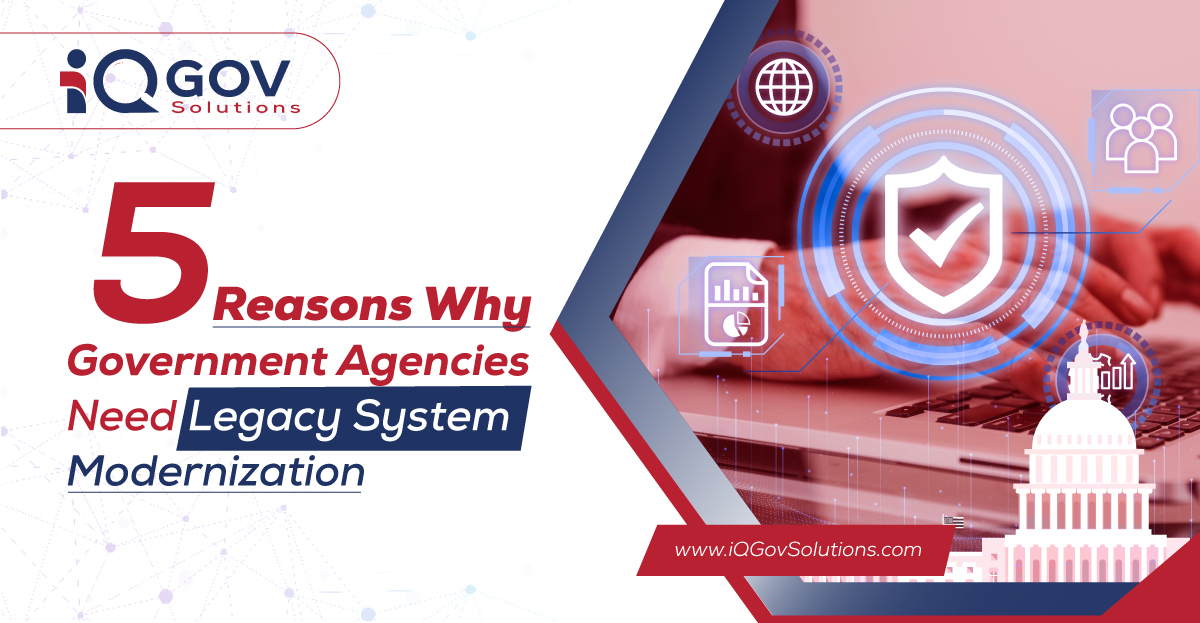Imagine navigating today’s digital world with a flip phone from the early 2000s. In an era where data breaches are becoming common, the question isn’t if outdated systems will fail but when. While the private sector leaps ahead with the latest technology, many government agencies are stuck in the past. Government agencies face numerous challenges in the fast-paced world due to outdated legacy systems, such as security vulnerabilities, high maintenance costs, inflexibility, inefficiency, and poor user experience.
These systems hinder their ability to adapt to the demands of the digital era, making it difficult to integrate new technologies, scale services, and respond quickly to emerging needs. A recent study by the Government Accountability Office found that outdated legacy systems accounted for over 75% of the federal IT budget, draining resources that could be allocated to modernization efforts. As the demand for digital services is rapidly increasing, outdated legacy systems present a huge gap in the Government’s armor, and it is time to bridge this gap. Government agencies must prioritize legacy system modernization initiatives, ensuring enhanced security, efficiency, and agility in an increasingly digital landscape.
In this blog, we’ll explore why government agencies must prioritize modernizing their legacy systems to overcome these challenges and better serve the public and stakeholders.
Why Should Government Agencies Consider Legacy System Modernization?
1. Cost Efficiency: Modernizing legacy systems can significantly reduce long-term costs associated with maintenance, support, and operational inefficiencies. A 2023 report published by the U.S. Government Accountability Office (GAO) revealed that U.S. government agencies spend an astounding $337 million annually to operate and maintain legacy systems. Maintaining legacy systems can be resource-intensive, necessitating specialized personnel and outdated infrastructure for upkeep. By transitioning to modernized systems, government agencies can streamline operations and allocate resources more efficiently.
2. Improved Efficiency and Productivity: Legacy systems typically suffer from inefficiencies and limitations that hinder productivity and workflow optimization. By modernizing these systems, government agencies can leverage advanced technologies, automation, and streamlined processes to enhance efficiency, reduce manual tasks, and empower employees to focus on high-value activities, ultimately improving overall productivity.
3. Enhanced Security: Outdated Legacy systems face greater vulnerability to cyber threats and security breaches due to inherent weaknesses and lack of ongoing support. According to a report, suspicious activities were detected on January 28, 2015, and a subsequent investigation revealed that the attack had attempted to gain insight into specific contracts within the Department of Defense. Upgrading these systems involves integrating strong security measures like encryption protocols, threat detection systems, and routine updates. This strengthens the government agency’s defenses against cyber attacks and ensures the protection of sensitive data.
4. Better Integration and Interoperability: Legacy systems often operate in silos, making it challenging for government agencies to share data and collaborate effectively across departments or with external partners. Modernization fosters seamless integration and interoperability between systems, enabling efficient data exchange, cross-agency collaboration, and streamlined service delivery.
5. Enhanced Stakeholder Experience: In today’s interconnected landscape, stakeholders, including government contractors, other agencies within the government, employees, and citizens, expect seamless interactions with government services. Legacy systems can impede agencies’ ability to deliver modern, intuitive experiences to stakeholders. By modernizing legacy systems, agencies can offer user-centric digital platforms, personalized services, and convenient access channels, enhancing the overall stakeholder experience and satisfaction.
In conclusion, legacy system modernization is not merely a luxury but a necessity for government agencies striving to meet the evolving needs of citizens and stakeholders in the digital age. By embracing modernization initiatives, government agencies can unlock cost savings, strengthen security measures, enhance efficiency and productivity, streamline integration efforts, and deliver superior services tailored to citizen needs. At iQ GovSolutions, we empathize with the intricate challenges government agencies face in pursuing modernization. Our seasoned team, well-versed in governmental processes, specializes in providing comprehensive solutions tailored to meet the unique needs of each agency. Contact us today to learn more about how we can help you modernize your outdated systems and get your agency future-ready.


